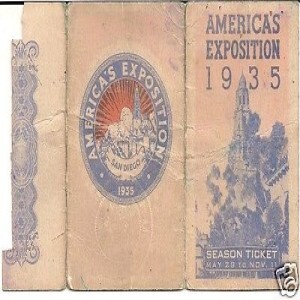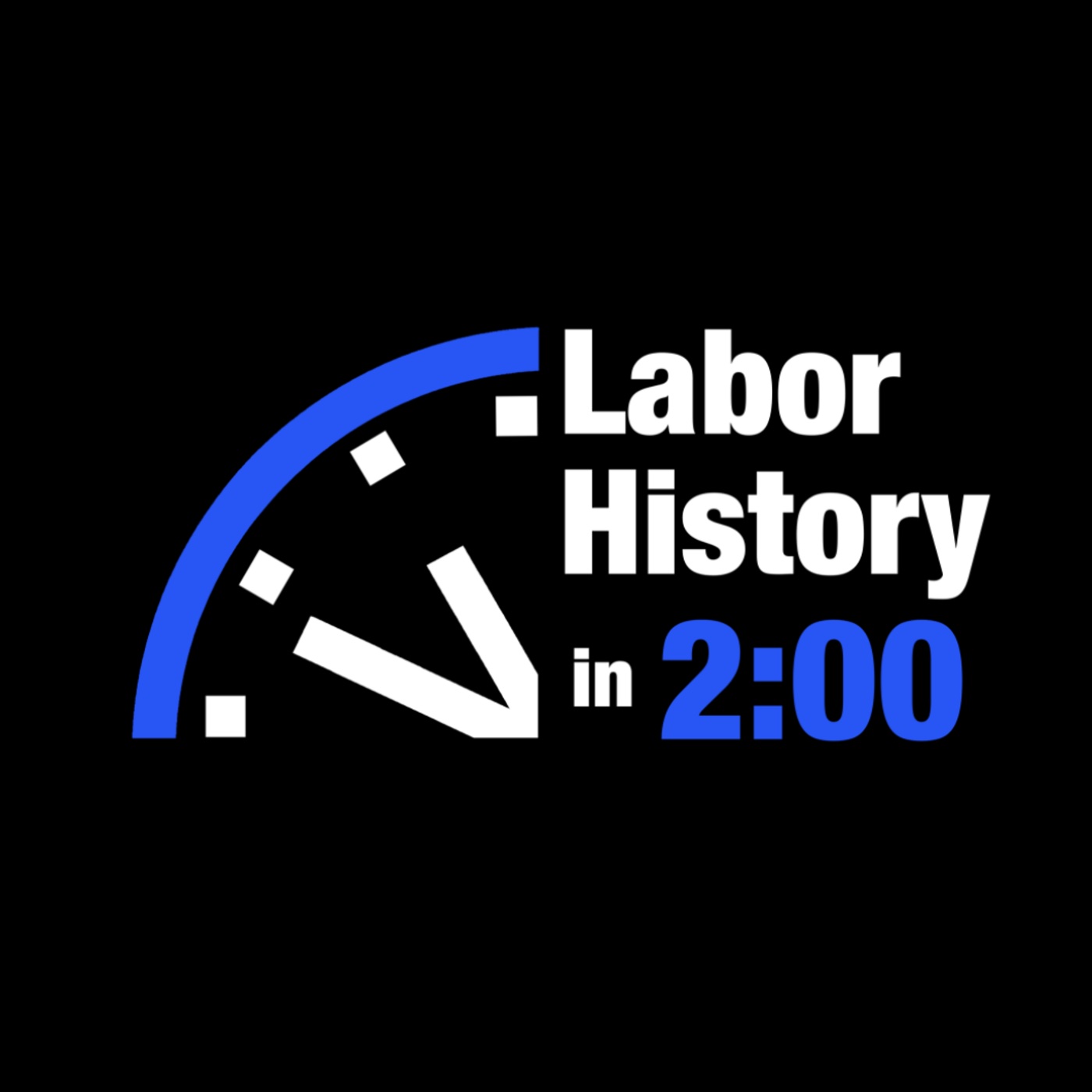Episodes

Monday Oct 02, 2023
October 2 - Rebuilding in Tough Times
Monday Oct 02, 2023
Monday Oct 02, 2023
On this day in Labor History the year was 1935.
That was the year that San Diego hosted the California Pacific International Exposition, where President Franklin D. Roosevelt spoke the most memorable words about the rights of workers to organize.
The goal of the exposition was to show case San Diego, and to boost the local economy, which had fallen on hard times in the Great Depression.
The exposition was held in Balboa Park.
Exhibits included history, science, industry and culture.
To prepare for the expo, improvements were made to the park, paid for by the Works Progress Administration.
The WPA was a New Deal era program designed to put people back to work on public infrastructure projects.
The expo kicked off in May, and ran for 377 days, with a break during the winter months.
More than 7 million people visited the park for the expo.
Two of those visitors was President Roosevelt and his wife Eleanor.
As part of his trip, the President gave a speech to 60,000 people at Balboa Stadium.
Earlier that year had signed the Wagner Act otherwise known as the National Labor Relation Act, which guaranteed private sector workers the right to joins and form a union.
The President spent part of his Expo speech celebrating that achievement.
He declared, “a changing civilization has raised new problems with respect to the relationship between the employer and the employed. It is now beyond partisan controversy that it is a fundamental individual right of a worker to associate himself with other workers and to bargain collectively with his employer.”
President Roosevelt went on to acknowledge, “New laws, in themselves, do not bring a millennium.”
The passage of the law helped to launch a new wave of union organizing across U.S. industry.
Creating a prosperous working class.


Comments (0)
To leave or reply to comments, please download free Podbean or
No Comments
To leave or reply to comments,
please download free Podbean App.